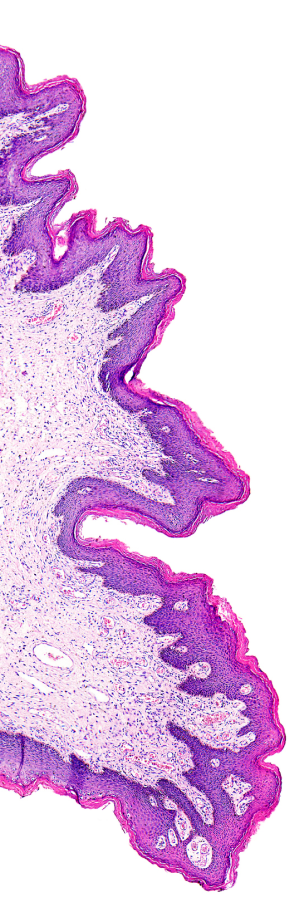

What do you do for a living? I am a pathologist but not the kind you are thinking of
Keith Kaplan, MD, Chief Medical Officer
During training, I had an attending who actually called the autopsy the "awfultopsy," as in "awfultopsies are not that bad if you only have to do one every other year" – which I think was his personal goal. Sometimes the autopsy pathologist would be out and others would cover if there happened to be a case; so many of my attendings did not have conducting posts as part of their routine practice.
The number of hospital deaths and, for better or worse, hospital autopsies has been on the decline for decades. Advanced pre-mortem imaging, lack of reimbursement and lack of physicians obtaining consent for autopsies have contributed to this decline.
The point is, unless you have this skill set and practice in a setting that routinely provides this service, chances are your pathology practice contributes less than 5% of it’s efforts toward autopsies. Yet, Quincy and CSI and Law & Order portray an exceptional group of physicians, with tremendous abilities, knowledge and skill, in a vastly different light.
As we begin to understand that diseases and tumors affecting our patients are increasingly categorized by genomics and proteomics with corresponding companion diagnostics and therapies, squarely in the pathologists' domain, perhaps then we will no longer be viewed as working in dark rooms, detached from patients and their families.
Patients with chronic medical conditions necessitating biopsies or patients with cancer may know otherwise, but the stereotype remains. I think it is pathology as a specialty that can't seem to get out of this "casting" rut that fills both television screens and the larger screens of Hollywood productions. Even Concussion, with all its fanfare, although well done in terms of what an autopsy pathologist does, didn't last long in theatres and was overshadowed with the Oscar fallout about the lack of African-American actors being nominated for awards, including those in this movie.
But it will be up to pathologists to make this change in perception happen and to share with patients and the public what our specialty does across a wide range of sub-specialties, not just a stereotypical one.
Perhaps someday, when someone asks, "What do you do for a living?" I can respond with "I am a computational pathologist." The follow-up would include explaining to them that our specialty aggregates and mines large volumes of data – from images and outcomes information – with elaborate information systems and algorithms, to ensure that they receive the most appropriate and least toxic therapy.
Then, maybe, there will be some other cliché – about data mining and computing and direct patient care – we can replace for the older ones about autopsies.
